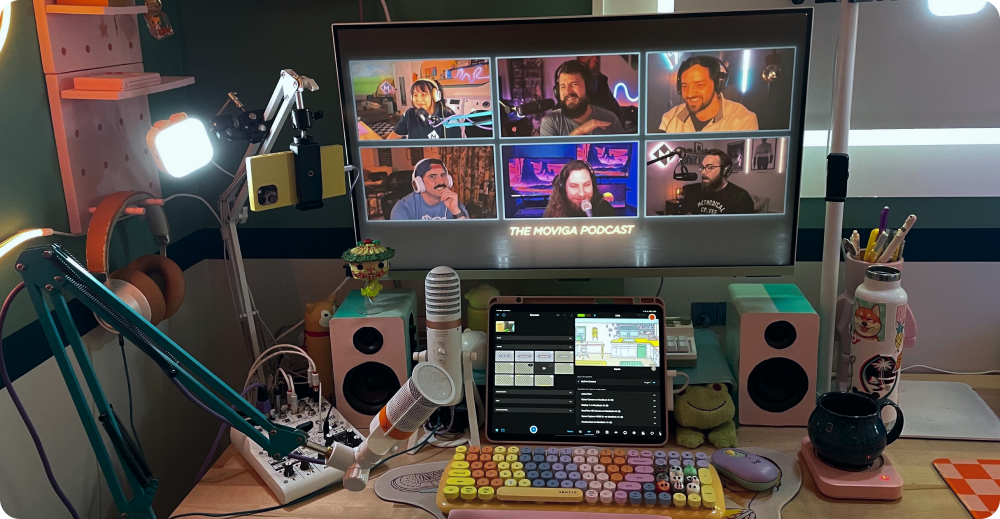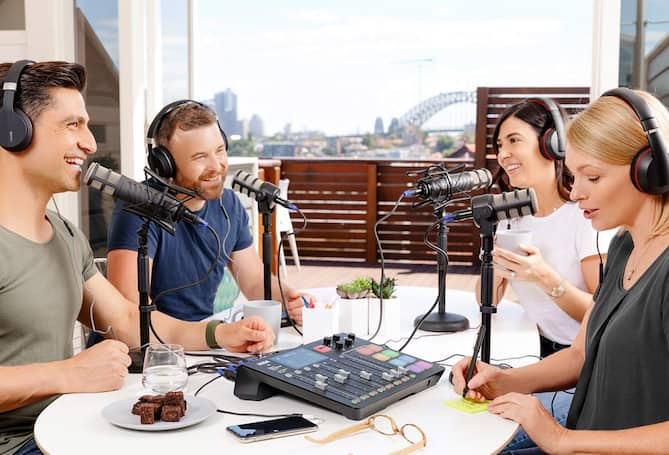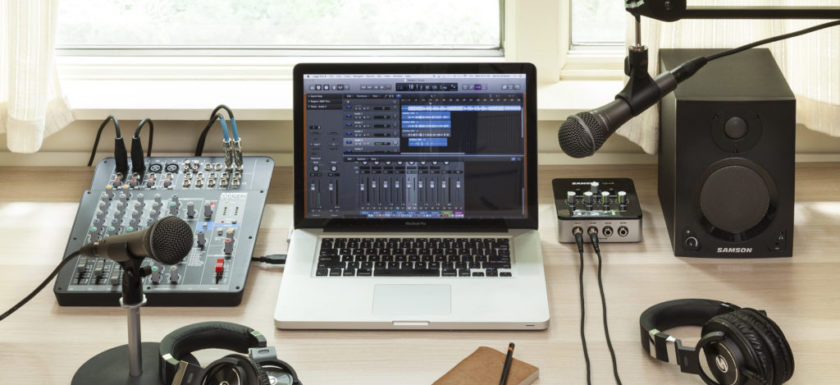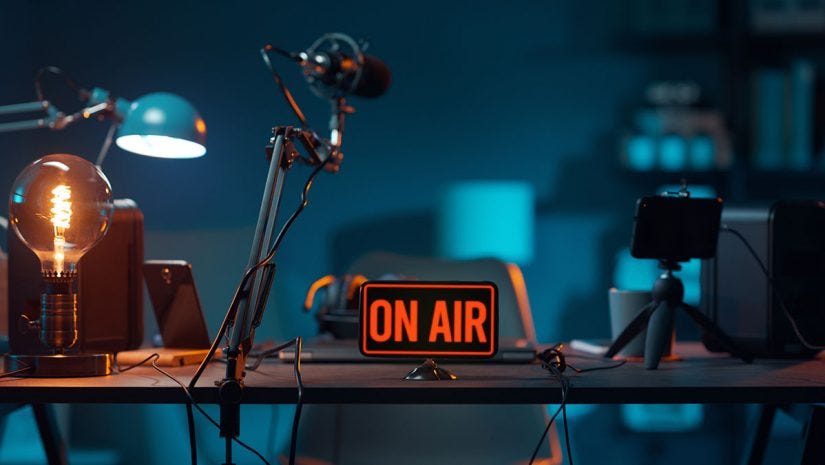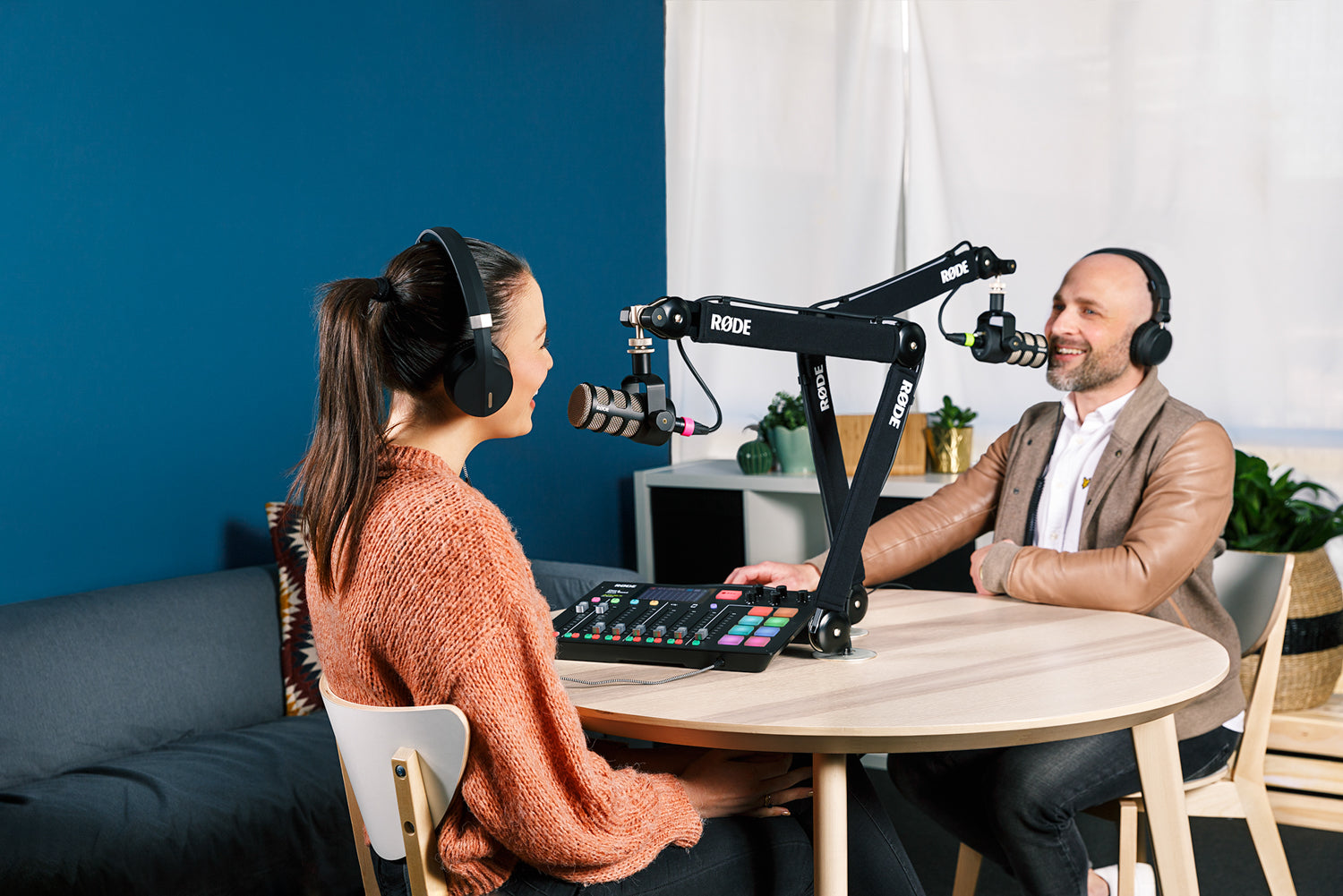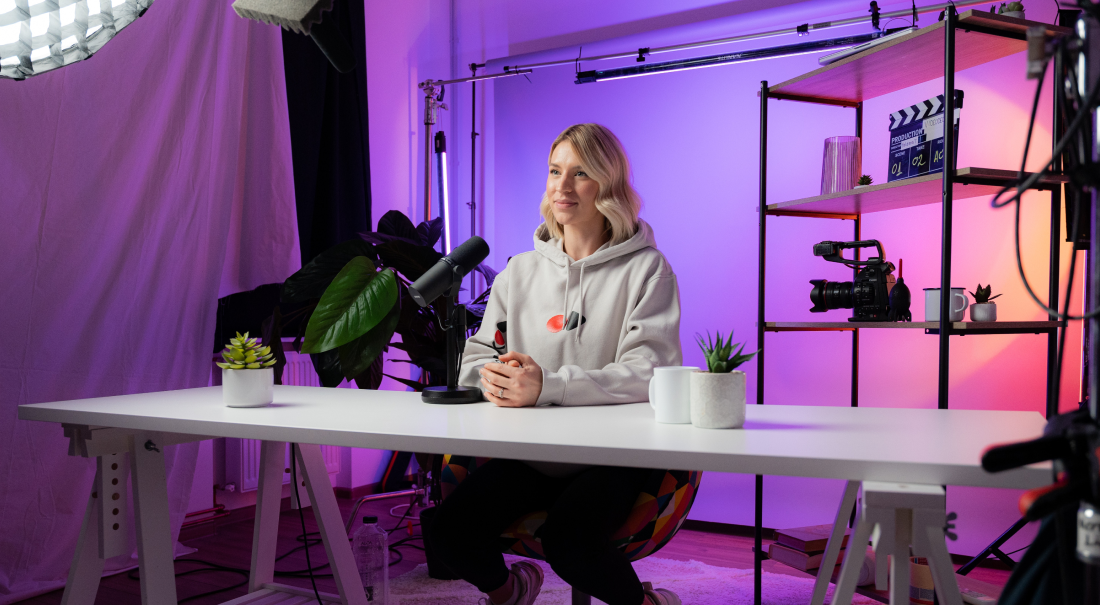Lessons for Video Producers
In his groundbreaking book, “The Passion Economy,” Adam Davidson delves into the transformative power of individual passions and expertise in today’s rapidly evolving economic landscape. As the traditional job market undergoes seismic shifts, Davidson argues that the future belongs to those who can leverage their unique skills and interests to carve out niche opportunities in what he calls the passion economy. But how does this philosophy apply to media professionals, particularly video producers? Let’s explore.
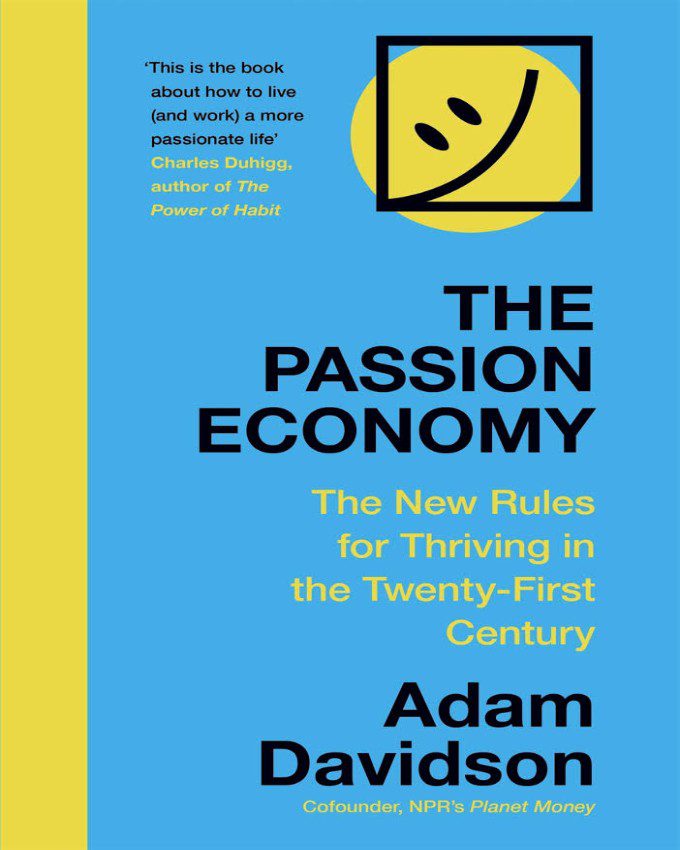
Understanding the Passion Economy:
At the core of the passion economy lies the recognition that individuals possess unique talents, knowledge, and interests that hold value in the marketplace. In contrast to the mass-produced, one-size-fits-all products and services of the past, the passion economy celebrates authenticity, specialization, and personal connection. From niche podcasting to influencer marketing, the passion economy thrives on the authenticity and expertise of content creators, influencers, and media aggregators who cater to specific audiences and niche interests.
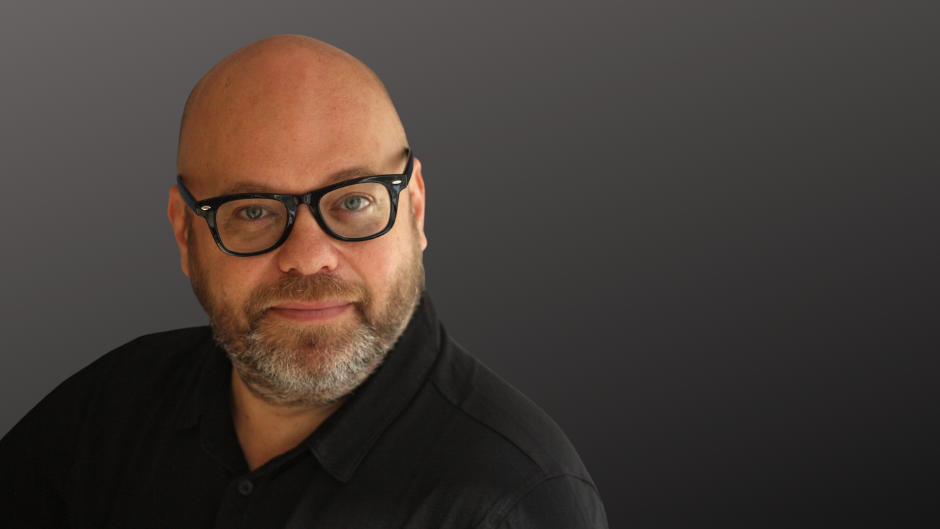
Lessons for Video Producers
As video producers navigate the shifting landscape of media consumption, there are several key lessons to be gleaned from the principles of the passion economy:
- Embrace Niche Content: Just as the passion economy celebrates specialization, video producers can benefit from focusing on niche content that resonates with specific audiences. Whether it’s podcasting about obscure hobbies, producing instructional videos for niche industries, or creating content tailored to underserved communities, embracing niche content allows video producers to connect with engaged audiences and stand out in a crowded marketplace.
- Build Personal Brand: In the passion economy, personal brand is paramount. Content creators and influencers leverage their unique personalities, expertise, and storytelling abilities to cultivate loyal followings and differentiate themselves from competitors. Video producers can similarly benefit from building a strong personal brand that showcases their skills, style, and values, positioning themselves as trusted experts in their field.
- Harness the Power of Influencers: Influencer marketing is a cornerstone of the passion economy, with brands partnering with social media influencers and content creators to reach targeted audiences authentically. Video producers can learn from this approach by collaborating with influencers to create engaging video content that resonates with their followers. By tapping into the influencer’s existing audience and credibility, video producers can amplify their reach and exposure.
- Explore New Distribution Channels: In the digital age, streaming platforms and services have become the primary channels for consuming video content. Video producers can leverage these platforms to reach global audiences and monetize their content through subscriptions, ad revenue, and sponsorships. By staying abreast of emerging streaming technologies and trends, video producers can adapt their content and distribution strategies to meet the evolving needs and preferences of viewers. Partnering Experience with Innovation:
In the passion economy, success lies at the intersection of experience and innovation. While traditional media professionals bring years of expertise and industry knowledge to the table, embracing innovation and adaptation is essential for staying relevant in a rapidly changing landscape. By partnering experience with innovation, video producers can leverage their skills and insights to create compelling, authentic content that resonates with audiences in the passion economy.
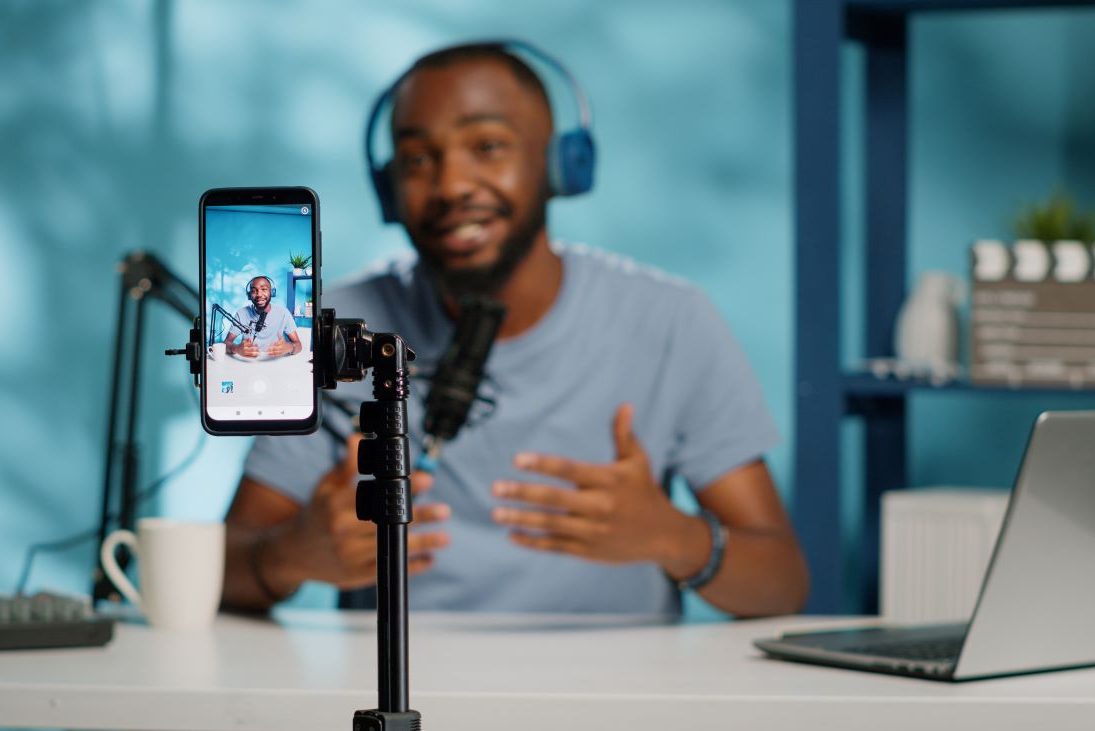
In conclusion, the principles of the passion economy offer valuable insights and strategies for video producers navigating the evolving media landscape. By embracing niche content, building personal brand, harnessing the power of influencers, and exploring new distribution channels, video producers can thrive in the digital age. Ultimately, success in the passion economy requires a willingness to adapt, innovate, and partner experience with innovation to create meaningful connections and experiences for audiences.

